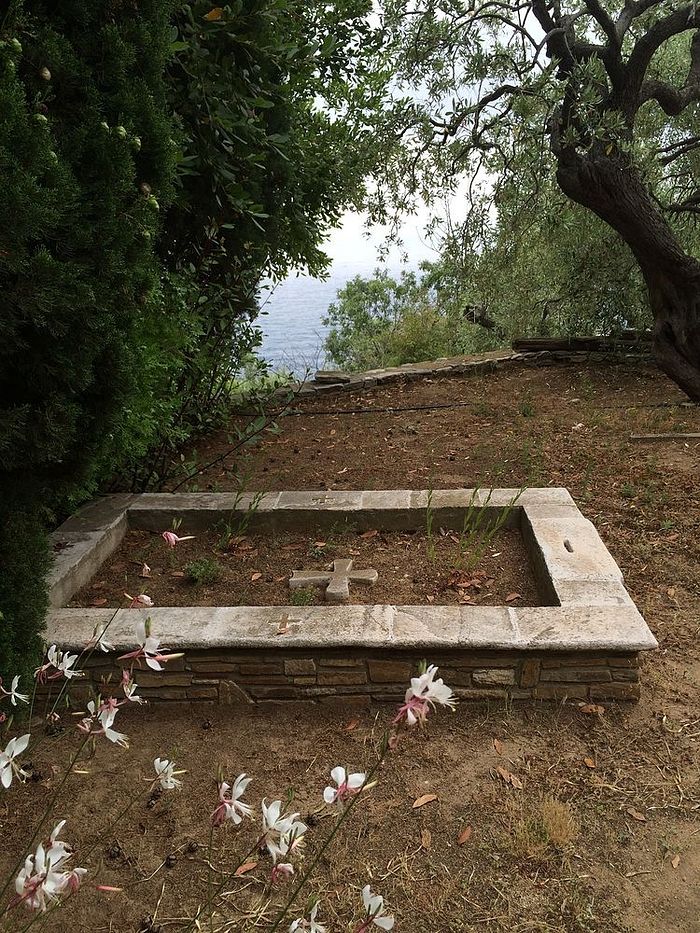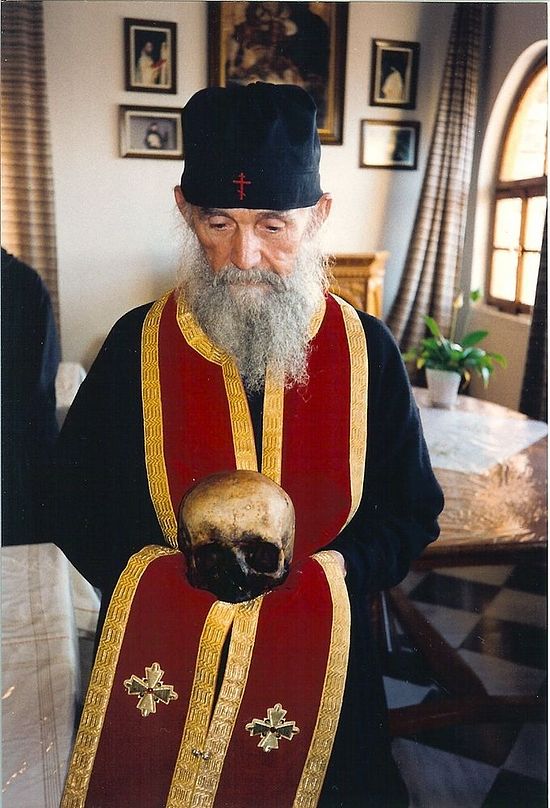Δεν γνωρίζεις, παιδί μου, ότι δωρεάν σώζει τον άνθρωπον ο Θεός; Βεβαίως οι κόποι δείχνουν την προαίρεσιν του ανθρώπου και όχι αυτοί καθ’ εαυτοί δύνανται να απαλλάξουν τον άνθρωπον εκ των παθών του, αλλά δια να μάθωμεν να ελπίζωμεν εις τον Θεόν και όχι εις τους κόπους μας.
Επιτρέπει ο Θεός μετά από κόπον να μην έχωμεν φυλαχθή από το κακόν. Συν τω κόπω να λέμε λοιπόν ότι, εάν δεν φυλάξη ο Θεός τον άνθρωπον, τα έργα του είναι άνεμος και φεύγουν κούφια.
Γέροντας Εφραίμ Φιλοθεϊτης
Γέροντας Εφραίμ Φιλοθεϊτης


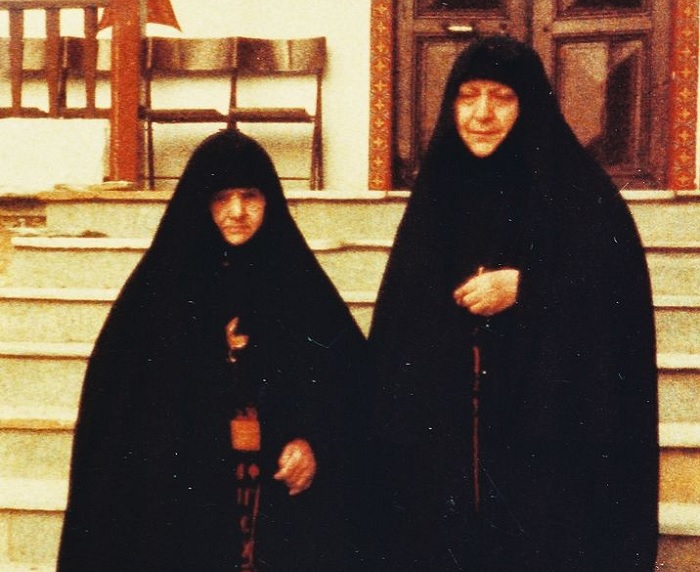 Gerontissas Theophano (left), and Macrina
Gerontissas Theophano (left), and Macrina 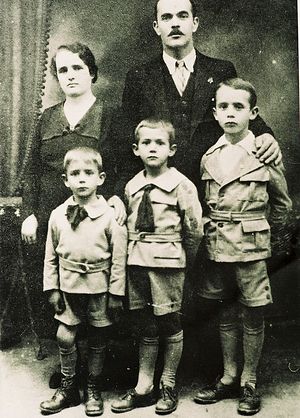
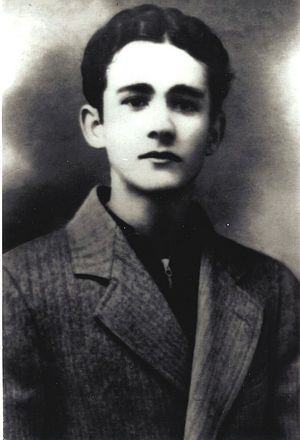 Elder Ephraim in youth
Elder Ephraim in youth 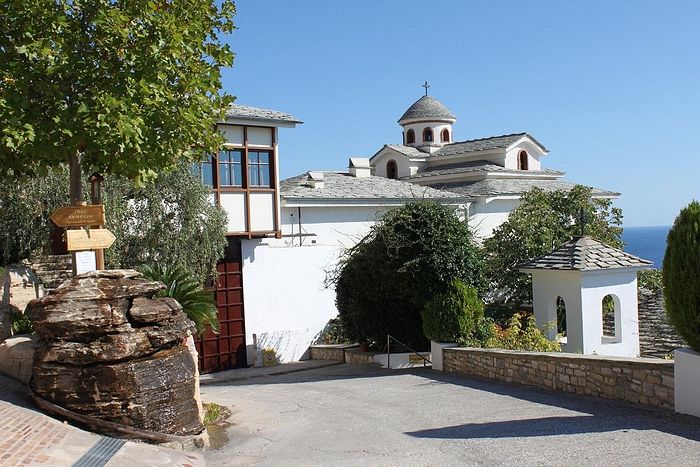 The Monastery of the Archangel Michael
The Monastery of the Archangel Michael 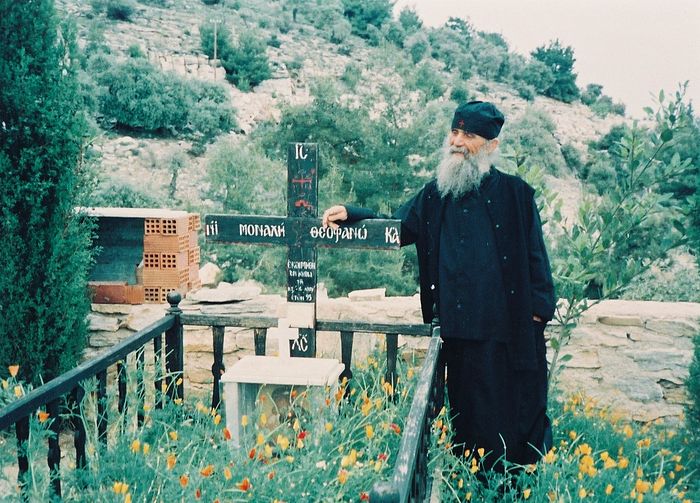 Elder Ephraim at the grave of his mother
Elder Ephraim at the grave of his mother 